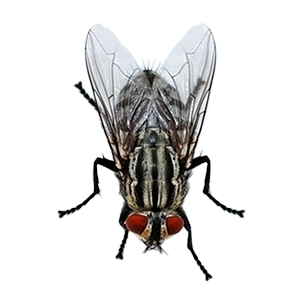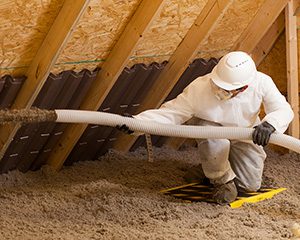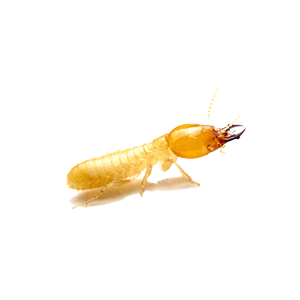Get Ahead of Spring Pest Control: Termite Identification

Termites are a type of pest that can threaten your home’s foundation and its structural integrity, as well as the health of your family! While you may be able to ignore and live with pests like ants or spiders, termites create more serious problems when they’re hiding out in your walls and floors.
The good news is that termite identification can be simple if you know what to look for, and once you know, you can take the appropriate steps to get rid of them before they do more damage. Take it from AAA Exterminating, a pest control company in Indianapolis with more than 70 years of experience! We’ll give you tips and tricks on how to identify and stop termites dead in their tracks!
Identifying Subterranean Termites
Subterranean termites nest underground and can be difficult to identify. Although winged termites are often seen during springtime, subterranean termites are rarely seen by homeowners. This makes it difficult to determine if you have a potential problem with termites in your home.
To accurately detect a subterranean termite problem, speak with an expert pest control company. Pest control services will conduct a visual inspection using technical methods and implement any treatment that may be necessary. If they do not find evidence of a termite infestation, they might recommend additional preventative measures such as installing traps or monitors around your property. These devices can help detect infestations before they become serious problems.
Identifying Drywood Termites
Drywood termites are easy to identify if you know what to look for. Drywood termites eat away at your home’s wood, causing unsightly and often dangerous damage. The most common sign that drywood termites have made a home in your walls is an audible chirping sound.
To stop their progress, call a professional pest control company—don’t wait until you notice damage! If left untreated, these pests can destroy your home quickly. It’s better to be safe than sorry when it comes to identifying pests before they pose a threat.
Tips for Identifying an Infestation
These insects live in colonies, so they leave behind trails of their existence—and it can cost you big bucks to get rid of them if you don’t address them as soon as possible.
So, here are 3 signs that indicate you might have a termite infestation on your hands!
1. You see mud tubes or dirt mounds around your house.
Termites build these mud tubes to protect themselves from predators while they tunnel through wood and soil, creating paths back to their nests. If you see these dirt mounds near your home or anywhere else where there is wood, it could be an indication that you have a termite problem lurking beneath your feet.

2. You notice piles of wings in your yard.
When termites swarm, they shed their wings—and if you see piles of them in your yard, it’s possible that swarming season has begun. It’s important to note that not all winged insects are termites; however, if you spot several piles throughout your property and none are flies or bees (which also swarm), then chances are good that you have a termite infestation on your hands.

3. You hear scratching noises inside your walls.
If you hear scratching noises coming from inside your walls, it could be an indication that there is a nest nearby—or even worse, right beneath your feet!
If you think you might have a termite problem on your hands, don’t hesitate to call in an exterminator for help!
Treatment Options
While many people think their pest control problems will disappear over time, a pest control service can determine whether or not you have termites in your home. Termites can cause thousands of dollars in damage to your home, and they often live undetected until it’s too late.
The best treatment option is to hire a local exterminator to come out and treat your house immediately! With years of experience and special equipment, exterminators can quickly detect and eradicate these costly pests.
For help with your termite problem in Indianapolis, IN, contact AAA Exterminating at (317) 773-3797 and ask us about our Sentricon Termite System.








